Home>Renovation & DIY>Home Renovation Guides>What Grants Are Available For Home Improvements?
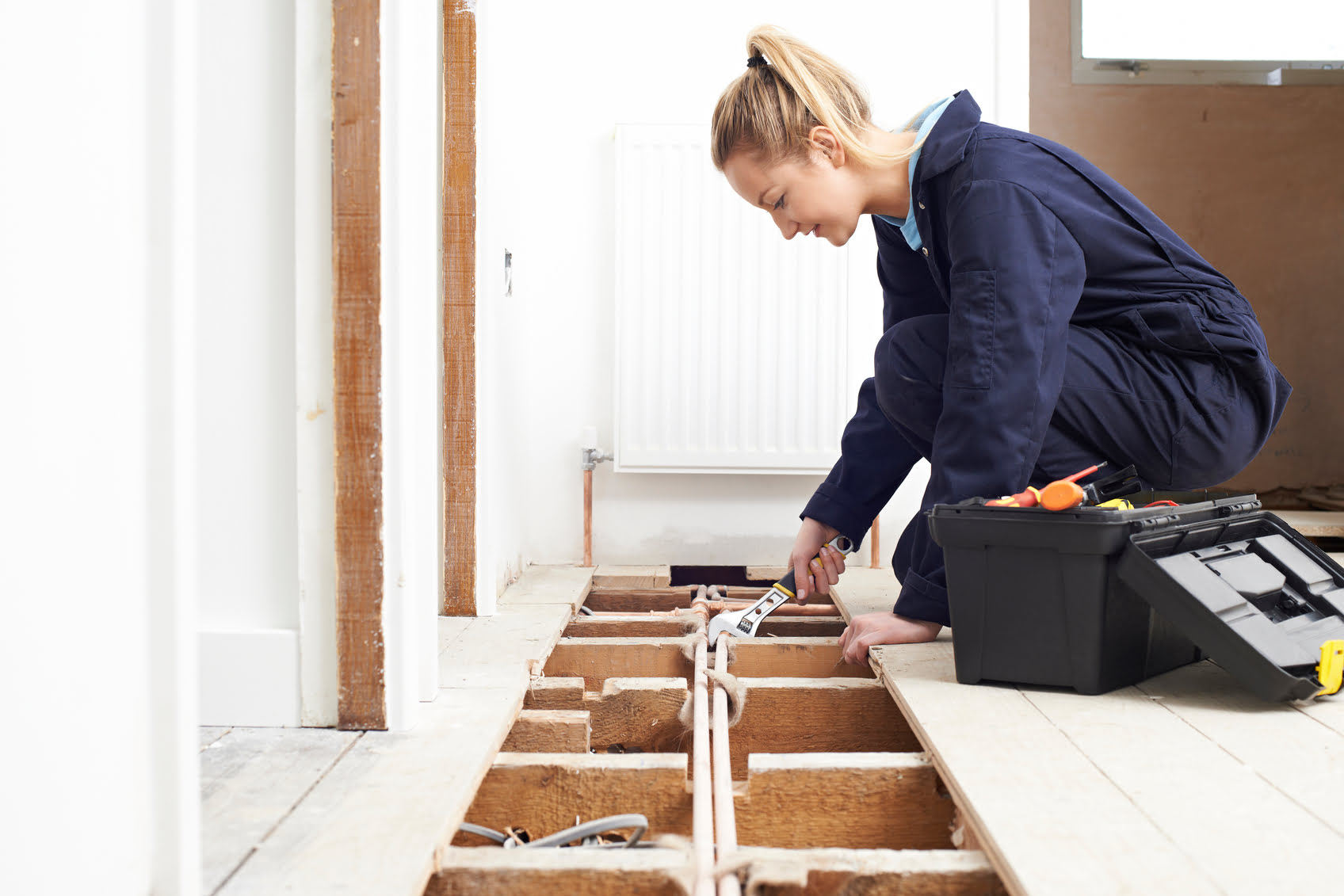

Home Renovation Guides
What Grants Are Available For Home Improvements?
Modified: January 4, 2024
Discover the latest home renovation grants available for your next project with our comprehensive guides. Explore funding options and maximize your home improvement budget.
(Many of the links in this article redirect to a specific reviewed product. Your purchase of these products through affiliate links helps to generate commission for Storables.com, at no extra cost. Learn more)
Introduction
Welcome to the world of home improvement! Whether you’re looking to renovate your kitchen, upgrade your bathroom, or make your home more energy-efficient, there are numerous grants available to help you achieve your goals. In this comprehensive guide, we’ll explore the various types of grants that can assist with home improvements, from government programs to non-profit organizations and energy efficiency initiatives. We’ll also delve into grants specifically designed for disabled and elderly individuals to make their homes more accessible and comfortable. By the end of this article, you’ll have a thorough understanding of the different grant options available to support your home improvement endeavors.
Key Takeaways:
- Transform your home with grants! From government programs to non-profit organizations, energy efficiency initiatives, and support for disabled and elderly individuals, there are diverse resources available to enhance your living space.
- Grants prioritize safety, accessibility, and energy efficiency. Whether you need essential repairs, energy-efficient upgrades, or specialized support, there are grants to help you create a safe, sustainable, and inclusive home.
Government Grants
Government grants for home improvements are designed to provide financial assistance to homeowners who need to make essential upgrades to their properties. These grants are often offered at the federal, state, and local levels, with specific eligibility criteria and application processes. One of the most well-known government grant programs in the United States is the HUD Title 1 Property Improvement Loan program. This initiative enables homeowners to borrow funds for home improvements through approved lenders, with the added benefit of potentially increasing the value of their properties.
Another notable government grant program is the USDA Rural Development Program, which offers grants and loans to homeowners in rural areas for home repairs and improvements. Additionally, the Federal Housing Administration (FHA) provides a variety of loan and grant programs to assist homeowners in making their homes more energy-efficient and accessible. It’s essential to research the specific requirements and availability of government grants in your area, as they can vary based on location and individual circumstances.
Government grants for home improvements often prioritize projects that contribute to the overall safety, accessibility, and energy efficiency of a home. These grants can cover a wide range of improvements, including structural repairs, electrical and plumbing upgrades, and the installation of energy-efficient appliances and systems. By taking advantage of government grants, homeowners can enhance the functionality and value of their properties while contributing to a more sustainable and resilient housing infrastructure.
Non-Profit Organization Grants
Non-profit organizations play a crucial role in supporting homeowners with limited financial resources who require assistance with home improvements. These organizations offer grants and financial aid to individuals and families facing economic challenges, enabling them to make essential repairs and upgrades to their homes. One prominent example of a non-profit organization that provides home improvement grants is Rebuilding Together. This organization focuses on improving the homes and lives of low-income homeowners, particularly the elderly, individuals with disabilities, and families with children.
Rebuilding Together’s Safe at Home program, for instance, offers critical home repairs, accessibility modifications, and energy-efficient upgrades to ensure that homeowners can live in safe and healthy environments. Similarly, Habitat for Humanity is renowned for its efforts to build and repair homes for families in need, often through the support of volunteers and community partnerships. Through their home repair programs, Habitat for Humanity offers financial assistance and resources to help homeowners revitalize their properties and enhance their quality of life.
Non-profit organization grants for home improvements are typically tailored to address specific needs within communities, such as addressing health and safety hazards, improving accessibility for individuals with disabilities, and promoting energy efficiency. These grants can encompass a wide range of projects, including roof repairs, plumbing and electrical updates, weatherization, and the installation of mobility aids. By collaborating with non-profit organizations, homeowners can access valuable support and resources to maintain and improve their homes, fostering a sense of stability and well-being within their communities.
Check with your local government or housing authority for grants or programs that offer financial assistance for home improvements. Many organizations offer grants for specific projects like energy efficiency upgrades or accessibility modifications.
Energy Efficiency Grants
Energy efficiency grants are instrumental in helping homeowners reduce their environmental impact and lower their utility costs through sustainable home improvements. These grants are often offered by government agencies, utility companies, and non-profit organizations, aiming to incentivize the adoption of energy-efficient practices and technologies. One notable program in the United States is the Weatherization Assistance Program (WAP), administered by the Department of Energy. WAP provides grants to improve the energy efficiency of low-income households, focusing on insulation, air sealing, and heating and cooling system upgrades.
Additionally, many utility companies offer energy efficiency rebates and grants to encourage homeowners to invest in energy-saving measures, such as upgrading to high-efficiency appliances, installing solar panels, or implementing smart thermostats. These initiatives not only benefit homeowners by reducing their energy bills but also contribute to broader environmental conservation efforts by decreasing overall energy consumption and greenhouse gas emissions.
Furthermore, state and local governments frequently administer energy efficiency grant programs to support homeowners in making sustainable home improvements. These programs may encompass initiatives such as the installation of energy-efficient windows and doors, the upgrade to energy-efficient lighting, and the implementation of renewable energy systems. By taking advantage of energy efficiency grants, homeowners can contribute to a more sustainable future while enjoying the immediate financial savings associated with reduced energy usage.
Energy efficiency grants often prioritize projects that demonstrate a tangible impact on energy conservation and sustainability. Whether through the improvement of insulation and ventilation, the adoption of renewable energy solutions, or the implementation of energy-efficient appliances, these grants empower homeowners to create more environmentally responsible and cost-effective living spaces.
Disabled and Elderly Grants
Grants specifically tailored to support disabled and elderly homeowners are essential in ensuring that their living environments are safe, accessible, and conducive to independent living. These grants aim to address the unique needs of individuals with disabilities and older adults, making crucial home modifications and improvements that enhance their quality of life. The U.S. Department of Agriculture’s (USDA) Rural Repair and Rehabilitation program, for example, provides grants and low-interest loans to elderly homeowners for repairs and accessibility upgrades, enabling them to age in place comfortably and securely.
Similarly, the Department of Housing and Urban Development (HUD) offers the HOME Investment Partnerships Program, which allocates funding to state and local governments to assist low-income elderly homeowners with necessary home repairs and modifications. These modifications may include the installation of ramps, handrails, and grab bars, as well as the adaptation of bathrooms and kitchens to accommodate mobility challenges. By addressing these specific needs, disabled and elderly grants play a vital role in promoting independence and well-being among vulnerable homeowner populations.
Furthermore, non-profit organizations such as Rebuilding Together and local community development agencies often administer grants and programs aimed at improving the homes of disabled and elderly individuals. These initiatives may encompass a wide range of modifications, including the creation of wheelchair-accessible entrances, the installation of stair lifts, and the adaptation of living spaces to accommodate specific mobility and accessibility requirements.
By providing financial assistance for essential home modifications, disabled and elderly grants empower individuals to continue living in their homes comfortably and safely as they age or manage physical limitations. These grants not only contribute to the well-being of the recipients but also foster inclusive and supportive communities that prioritize the needs of all homeowners, regardless of age or ability.
Read more: How To Apply For Grants For Home Improvement
Conclusion
Embarking on home improvement projects can be a transformative journey, and securing grants to support these endeavors can make a significant difference for homeowners. From government initiatives to non-profit organization grants, energy efficiency programs, and specialized support for disabled and elderly individuals, a diverse array of resources is available to help homeowners enhance their living spaces. By taking advantage of these grants, homeowners can address critical maintenance needs, improve energy efficiency, and create homes that are safe, accessible, and sustainable.
Government grants provide valuable financial assistance for essential home improvements, prioritizing safety, accessibility, and energy efficiency. Whether through federal programs like the HUD Title 1 Property Improvement Loan or state-level initiatives such as the USDA Rural Development Program, homeowners can access support to revitalize their properties and enhance their overall quality of life.
Non-profit organizations play a crucial role in extending support to homeowners with limited financial resources, offering grants and resources to address critical home repair and improvement needs. Organizations like Rebuilding Together and Habitat for Humanity are dedicated to uplifting communities by providing essential home modifications and repairs, fostering a sense of stability and well-being for homeowners in need.
Energy efficiency grants empower homeowners to reduce their environmental footprint and lower their utility costs by investing in sustainable home improvements. Whether through the Weatherization Assistance Program, utility company rebates, or state and local initiatives, these grants encourage the adoption of energy-efficient technologies and practices, benefiting both homeowners and the environment.
Furthermore, grants tailored to support disabled and elderly homeowners play a vital role in promoting independence and safety. By facilitating essential home modifications and accessibility upgrades, these grants enable individuals to age in place comfortably and securely, fostering inclusive and supportive communities that prioritize the needs of all homeowners.
In conclusion, the availability of grants for home improvements reflects a commitment to creating safe, sustainable, and inclusive living environments for homeowners. By leveraging these resources, homeowners can embark on transformative home improvement projects, enhancing their properties and enriching their lives while contributing to a more resilient and equitable housing landscape.
Frequently Asked Questions about What Grants Are Available For Home Improvements?
Was this page helpful?
At Storables.com, we guarantee accurate and reliable information. Our content, validated by Expert Board Contributors, is crafted following stringent Editorial Policies. We're committed to providing you with well-researched, expert-backed insights for all your informational needs.
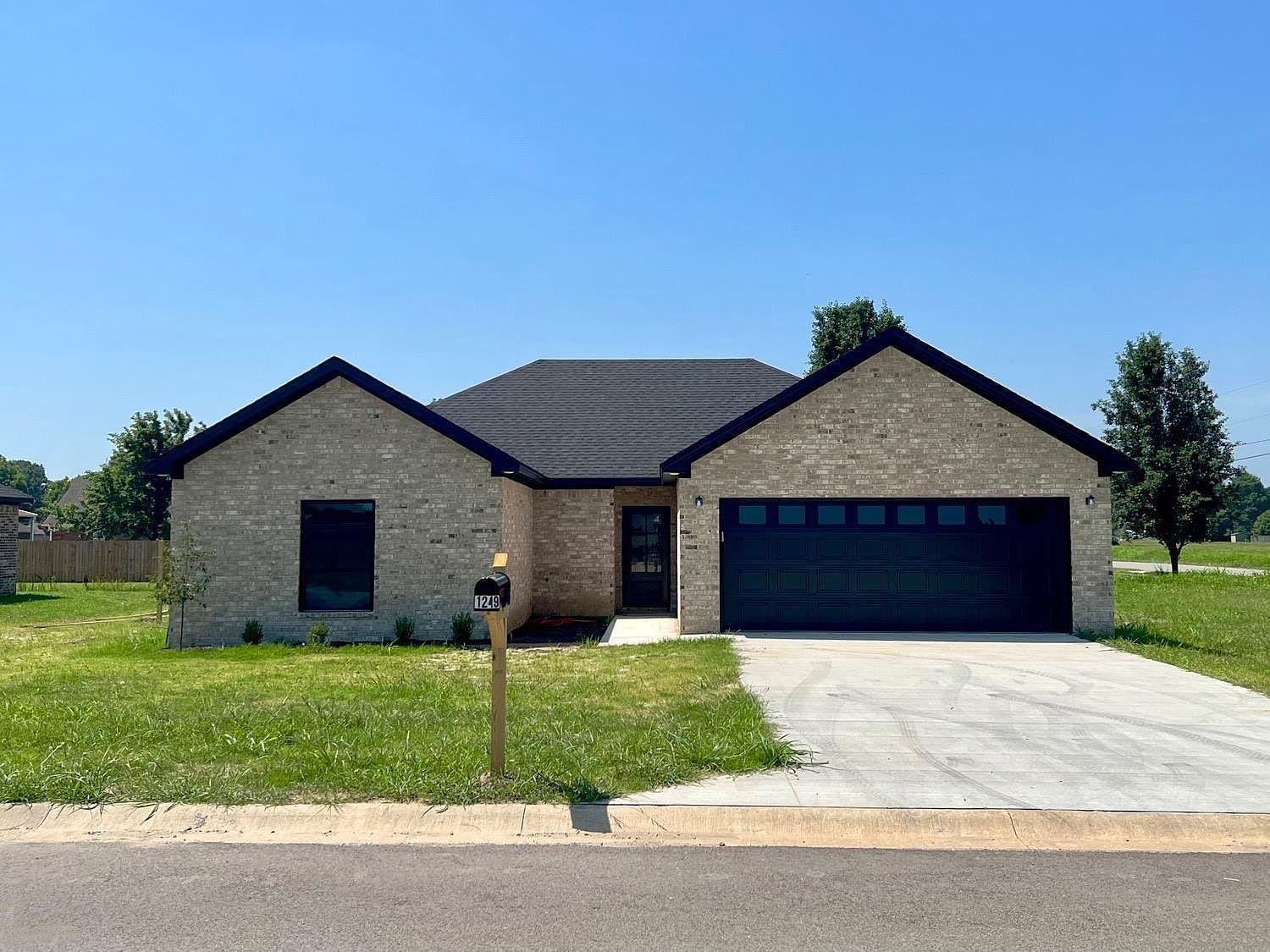
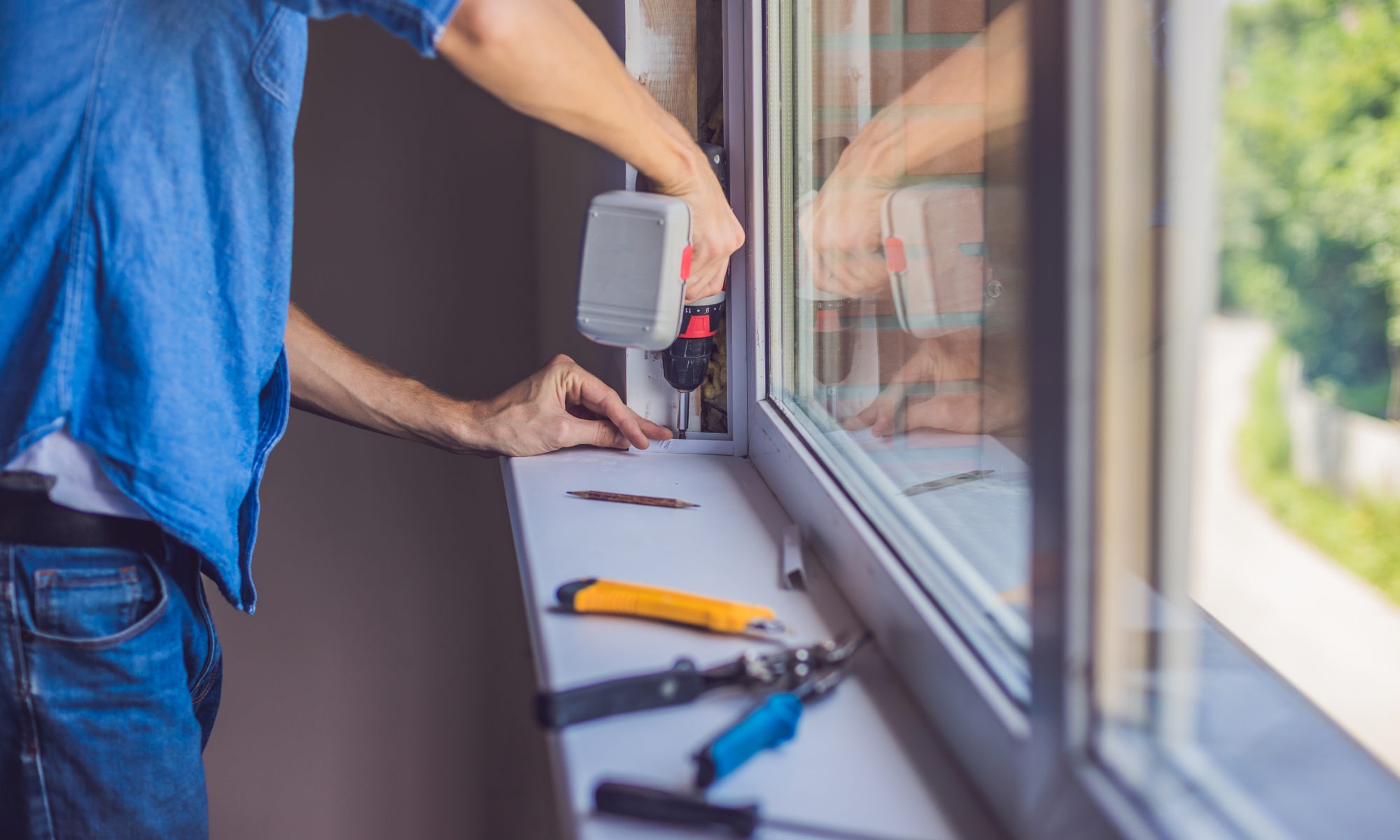
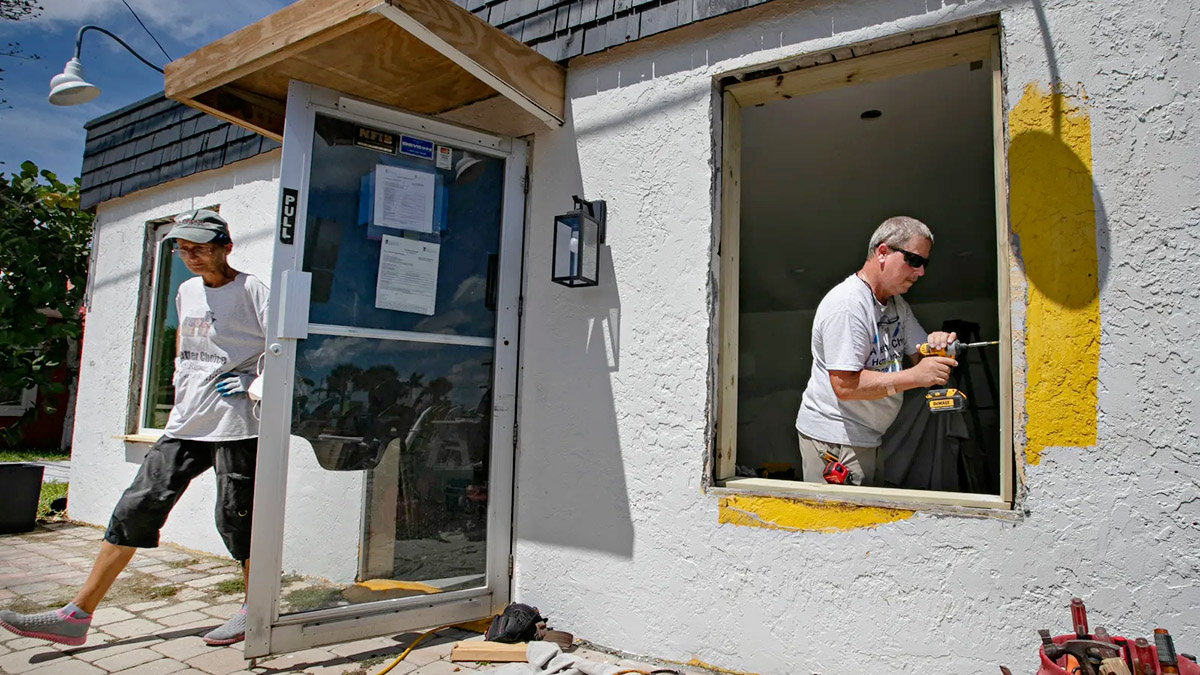
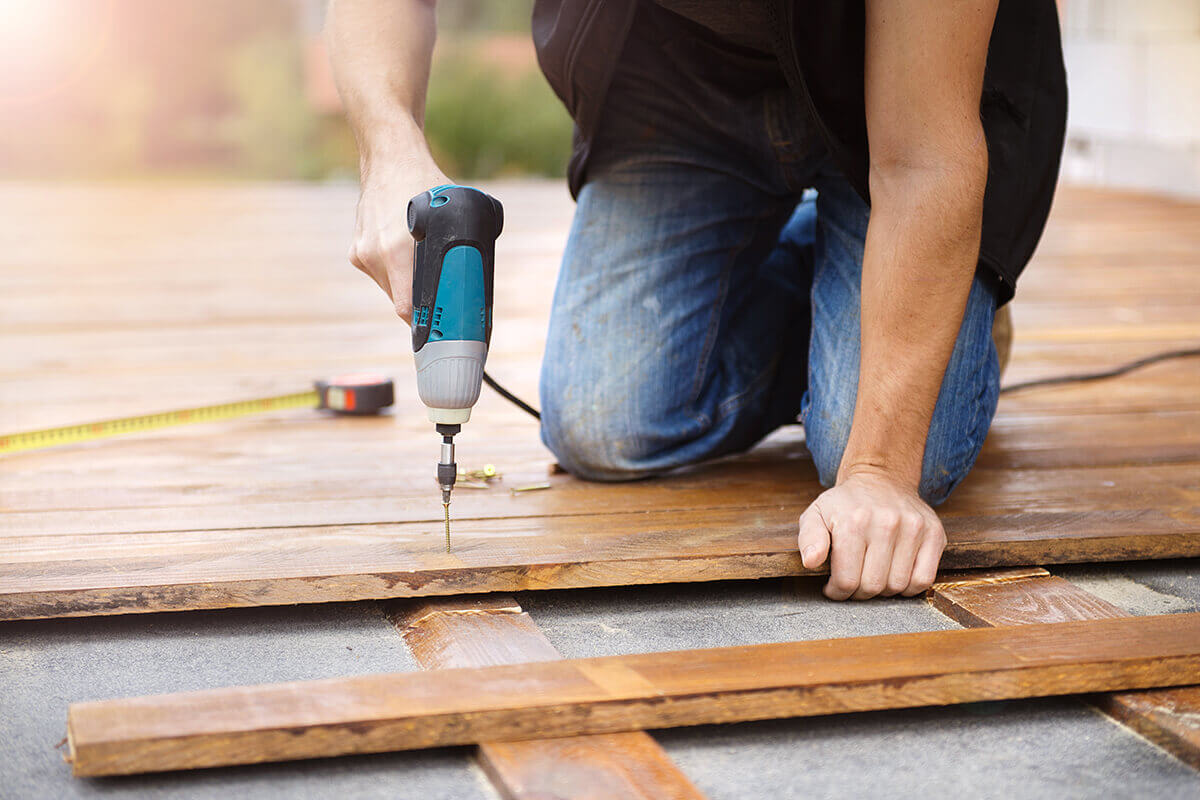
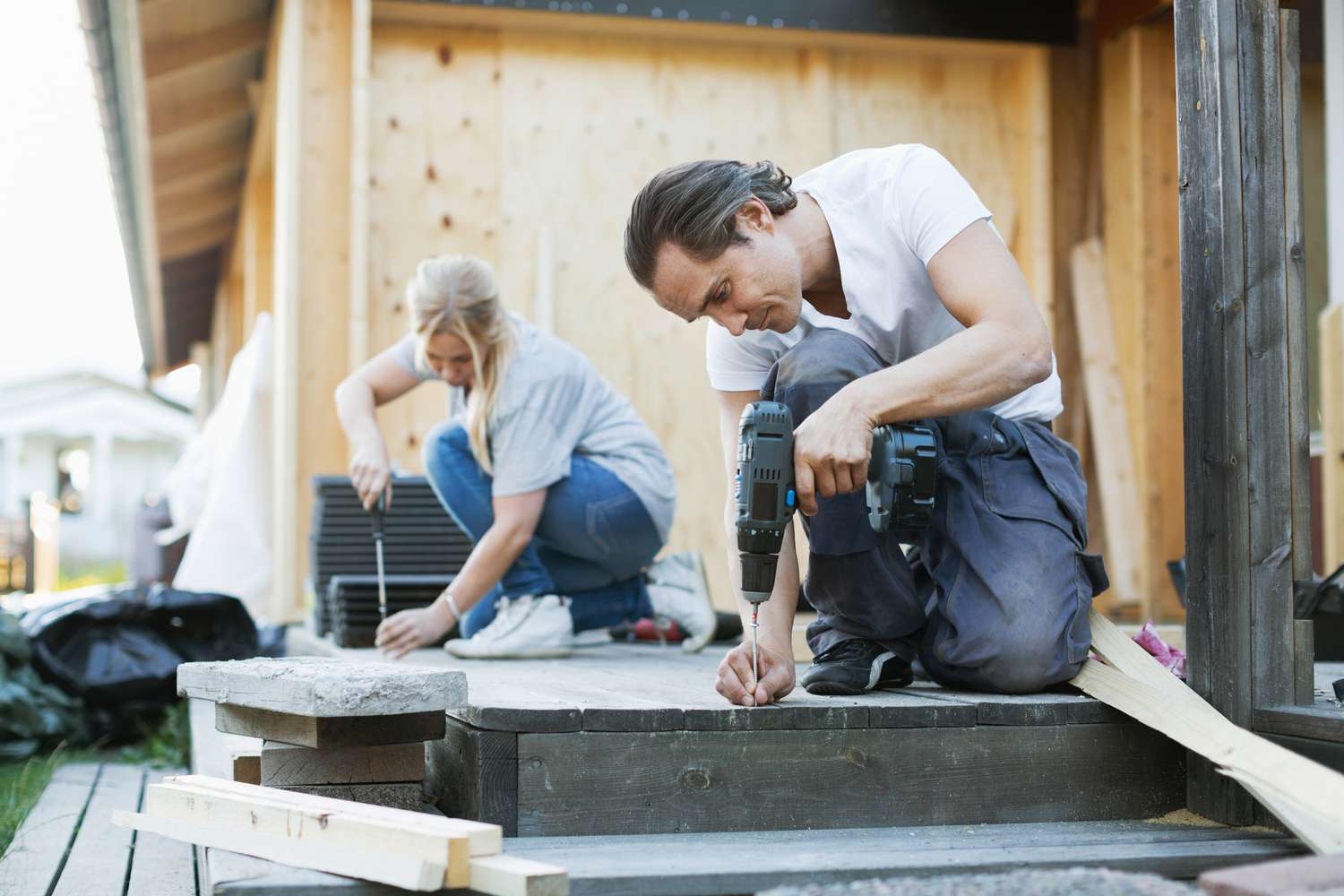
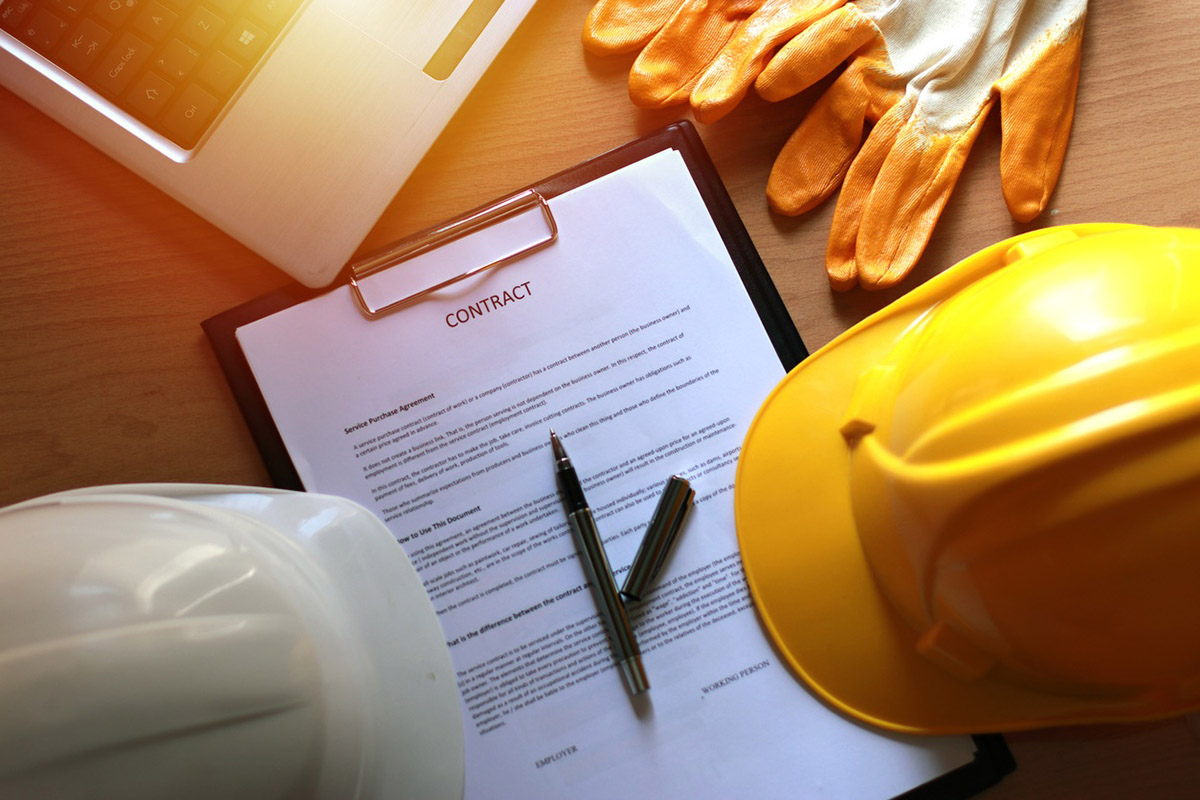
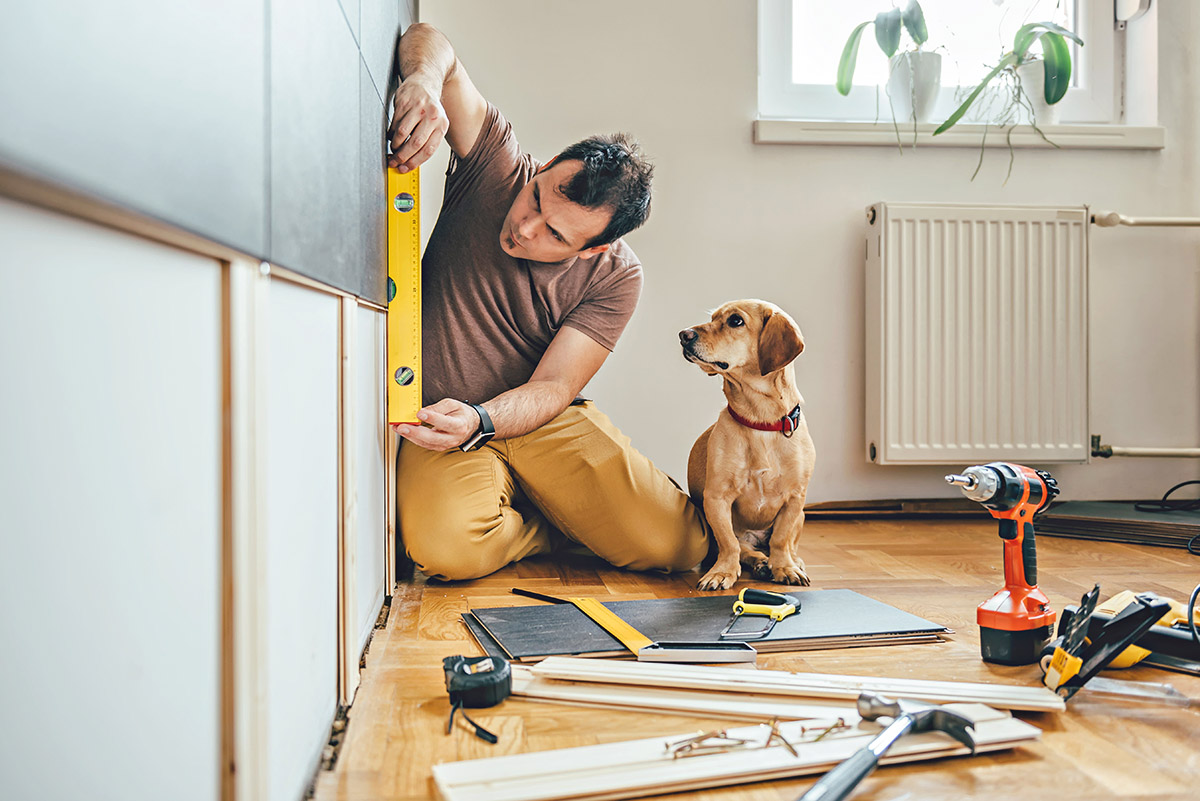

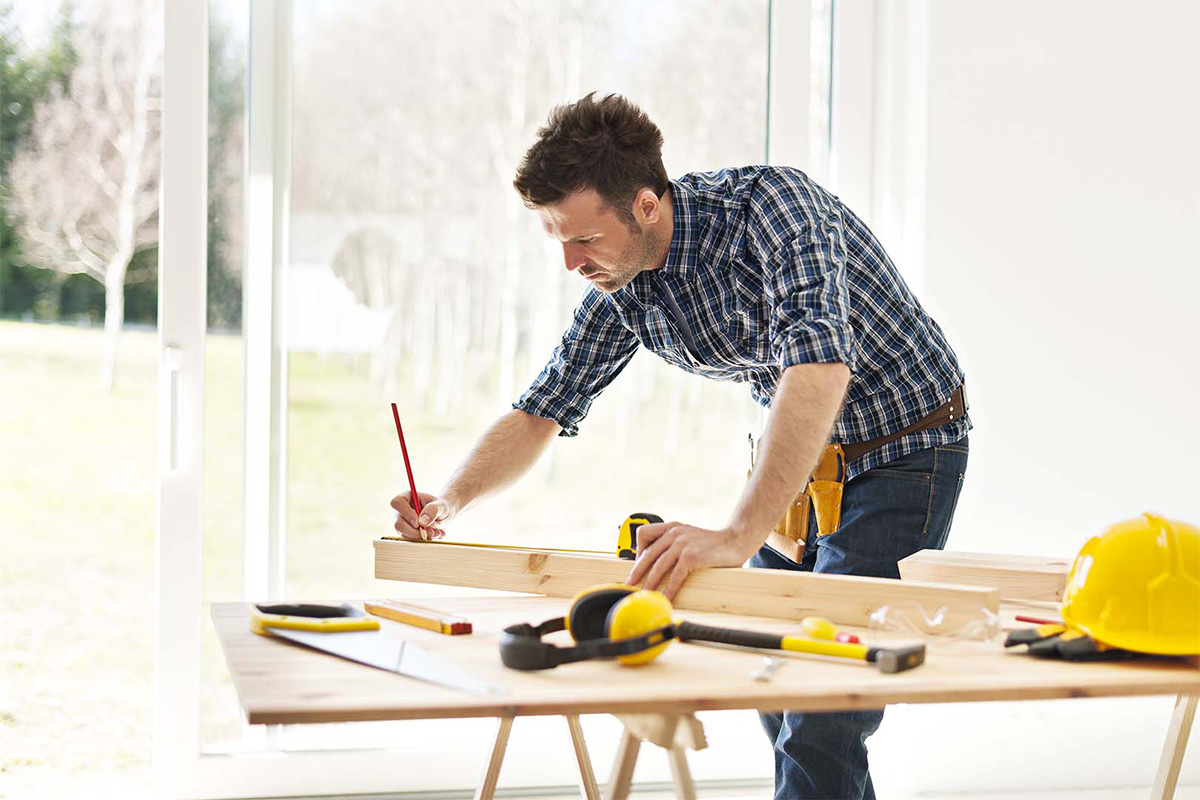


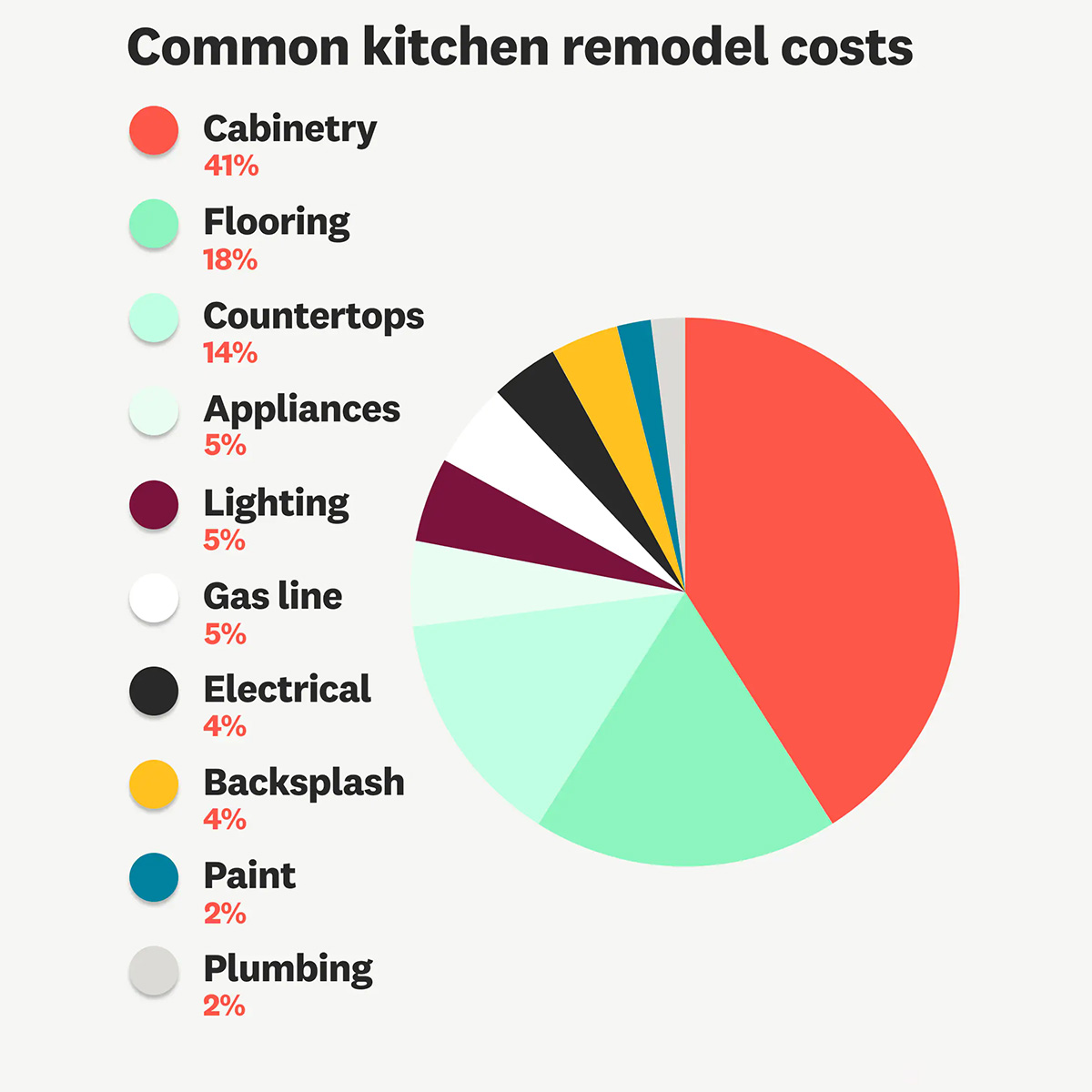

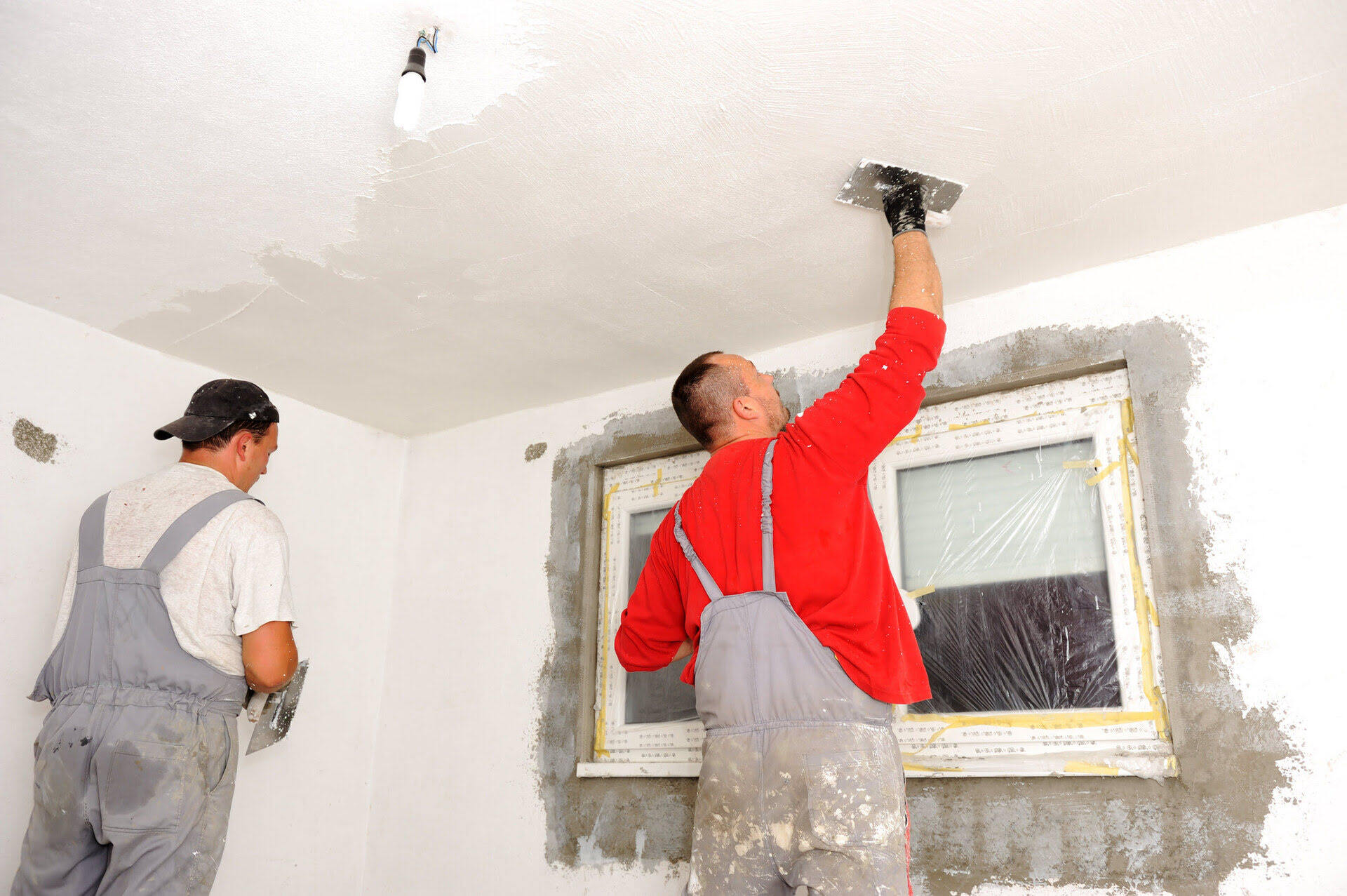

0 thoughts on “What Grants Are Available For Home Improvements?”